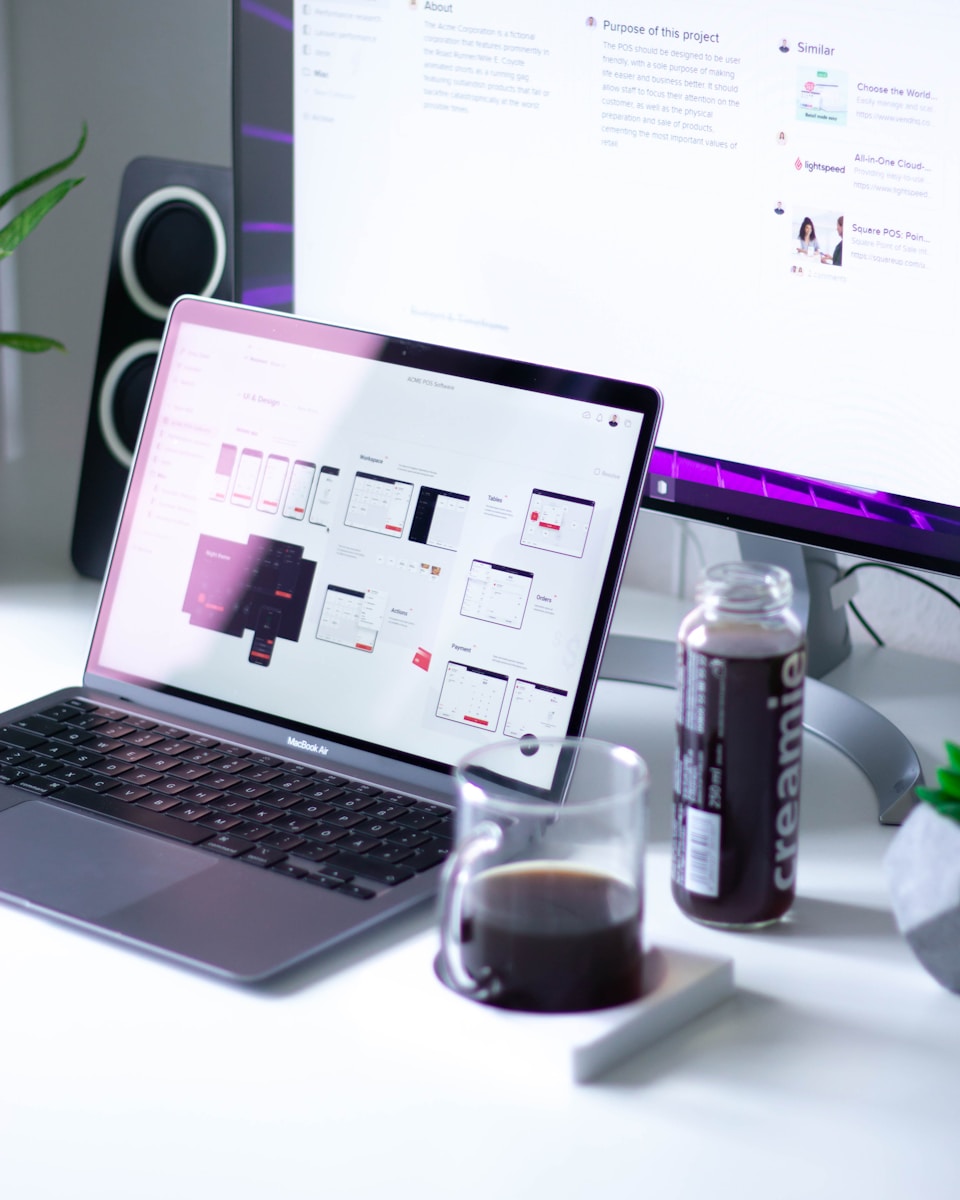In the heart of the Nordics, a distinct trend is reshaping the startup ecosystem: Norwegian startups are increasingly choosing to build their digital products from the ground up, rather than buying off-the-shelf solutions. This strategic decision is not merely about control or cost it’s about building smarter, scaling better, and owning the future.
At Dev Centre House Ireland, we’ve seen first-hand how this mindset leads to stronger, more resilient companies. Norwegian founders are leaning into custom development because they know that in a competitive global market, differentiation is everything.
Why Norwegian Startups Build, Not Buy: A Shift in Philosophy
For years, plug-and-play SaaS platforms promised quick launches and minimal setup. But Norwegian startups, often operating in high-compliance or high-innovation sectors, soon found the cracks. Cookie-cutter tools rarely account for nuanced market needs, and they almost never scale cleanly.
Building software in-house or partnering with firms like Dev Centre House Ireland offers the agility to craft tailored features, optimise backend logic, and react swiftly to changing demands. Norwegian startups know that what works for a retail app in California won’t always suit a fintech platform in Oslo.
Customisation is King
One of the core reasons Norwegian startups build, not buy, is the need for customisation. Whether it’s local language integrations, GDPR compliance, or unique user flows, off-the-shelf software often falls short.
By choosing to build, startups can architect their solutions around the specific needs of their users. At Dev Centre House Ireland, we enable founders to develop platforms that reflect their exact business logic without compromise. Custom builds offer full control over user experience, scalability, and system integration.
Cost Efficiency in the Long Run
Initially, buying software might seem like the more economical choice. But Norwegian startups are playing the long game. Licensing fees, integration expenses, and patchwork workarounds quickly accumulate. Worse, they limit innovation.
Building software provides a one-time investment in a long-term asset. It becomes part of the company’s IP. Norwegian startups realise that owning their platform means fewer dependencies, more security, and ultimately a higher valuation.
Speed vs. Velocity: The Agile Advantage

Buying software may offer speed to market, but building software offers velocity the ability to continuously innovate. Norwegian startups don’t just want to launch fast; they want to stay ahead.
Through agile development methodologies, firms like Dev Centre House Ireland empower startups to iterate quickly, test ideas, and roll out updates that align with real-time feedback. This cycle of constant evolution is a core advantage in Norway’s tech-forward ecosystem.
Case in Focus: Startups Scaling Through Dev Centre House Ireland
Dev Centre House Ireland’s Startup Programme has helped early-stage companies throughout Norway bring scalable, secure, and bespoke platforms to life. One such example involved a digital health startup that needed a platform compliant with both Norwegian health regulations and broader EU standards. Off-the-shelf tools failed to deliver. Building from scratch enabled them to launch with precision and scale with confidence.
We worked hand-in-hand from MVP design to full product launch, supporting backend development, security architecture, and UI/UX design. The result? A differentiated product in a crowded market that continues to grow with user demand.
Risk Reduction Through Strategic Building
Building might seem risky but for Norwegian startups, it’s often the safer bet. Owning the source code and design logic gives founders confidence. They can pivot more easily, avoid vendor lock-in, and respond to market changes with autonomy.
At Dev Centre House Ireland, we mitigate early-stage risks with collaborative roadmapping, phased development, and infrastructure choices that futureproof growth. Norwegian startups appreciate this transparent, structured approach to building.
Why Norwegian Startups Build, Not Buy: It’s About Legacy
Ultimately, this trend reflects a deeper value in Norway’s startup culture a desire to create something meaningful and enduring. Building your own software is not just about tech; it’s about vision. It’s about ensuring your product can evolve, integrate, and thrive on your terms.
Dev Centre House Ireland is proud to support Norway’s boldest founders as they chart their own paths. We believe that when you build, you invest in your legacy.
FAQ
Question: Why do most Norwegian startups choose to build their software instead of buying off-the-shelf tools?
Answer: Norwegian startups often opt to build because off-the-shelf tools lack the customisations needed for local compliance, scalability, and unique user flows. Dev Centre House Ireland helps these founders create bespoke software that aligns exactly with their vision and market need.
Question: Aren’t ready-made SaaS platforms faster to launch? Why prefer building in-house?
Answer: While SaaS tools may speed up initial launch, building enables ongoing velocity: continuous innovation, rapid iteration, and full control over product evolution. Dev Centre House Ireland supports startups to build smart, scalable solutions with agile delivery.
Question: Is custom development more cost-effective in the long run?
Answer: Yes. Though upfront costs may be higher, building in-house avoids recurring licensing fees, integration challenges, and vendor lock-in. Dev Centre House Ireland helps Norwegian startups create long-term assets with high ROI.
Question: How does building affect innovation compared to buying software?
Answer: Custom-built platforms empower startups to iterate quickly, adding features, adjusting workflows, and pivoting faster. Dev Centre House Ireland’s agile teams enable this continuous innovation mindset.
Question: Can building from scratch reduce risk for startup teams?
Answer: When done with structured planning and phased delivery, building reduces dependence on external vendors, secures IP, and enables faster pivots. Dev Centre House Ireland offers roadmap-driven builds to minimise early-stage risk.
Question: What advantages does Dev Centre House Ireland offer Norwegian startups choosing to build?
Answer: Dev Centre House Ireland combines domain knowledge in Norwegian industries, full stack development, and compliance expertise to support high-growth startups. We partner from MVP to scalable platform delivery.
Question: Which industries in Norway benefit most from building, not buying, software?
Answer: Sectors like energy, fintech, healthtech, and logistics, where regulation, data sensitivity, and innovation speed matter, gain the most from custom development. Dev Centre House Ireland builds industry-ready systems aligned with Norwegian requirements.
Question: How does Norwegian team culture support building custom software?
Answer: Norwegian founders value autonomy, resilience, and collaboration. Building aligns with local culture and enables teams to solve complex market challenges directly. Dev Centre House Ireland supports that approach.
Question: What role does nearshore development play in Norway’s tech gap?
Answer: Norway faces growing demand for skilled engineers. Nearshore partnerships, like those offered by Dev Centre House Ireland, provide skilled, timezone-aligned talent to close the delivery gap.
Question: How does Dev Centre House Ireland deliver nearshore support to Norwegian clients?
Answer: We embed EU-based development teams that align culturally, communicate clearly, operate in sync with Norwegian working hours, and deliver secure, scalable platforms.
Question: What does building custom software contribute to a startup’s legacy?
Answer: Creating your own codebase builds IP, flexibility, and strategic independence—foundations for growth and investor confidence. Dev Centre House Ireland’s approach ensures startups invest in long-lasting, adaptable platforms.
For startups ready to build what lasts, we’re ready to help. Explore our Startup Program and discover how we turn bold ideas into scalable, market-ready platforms.
